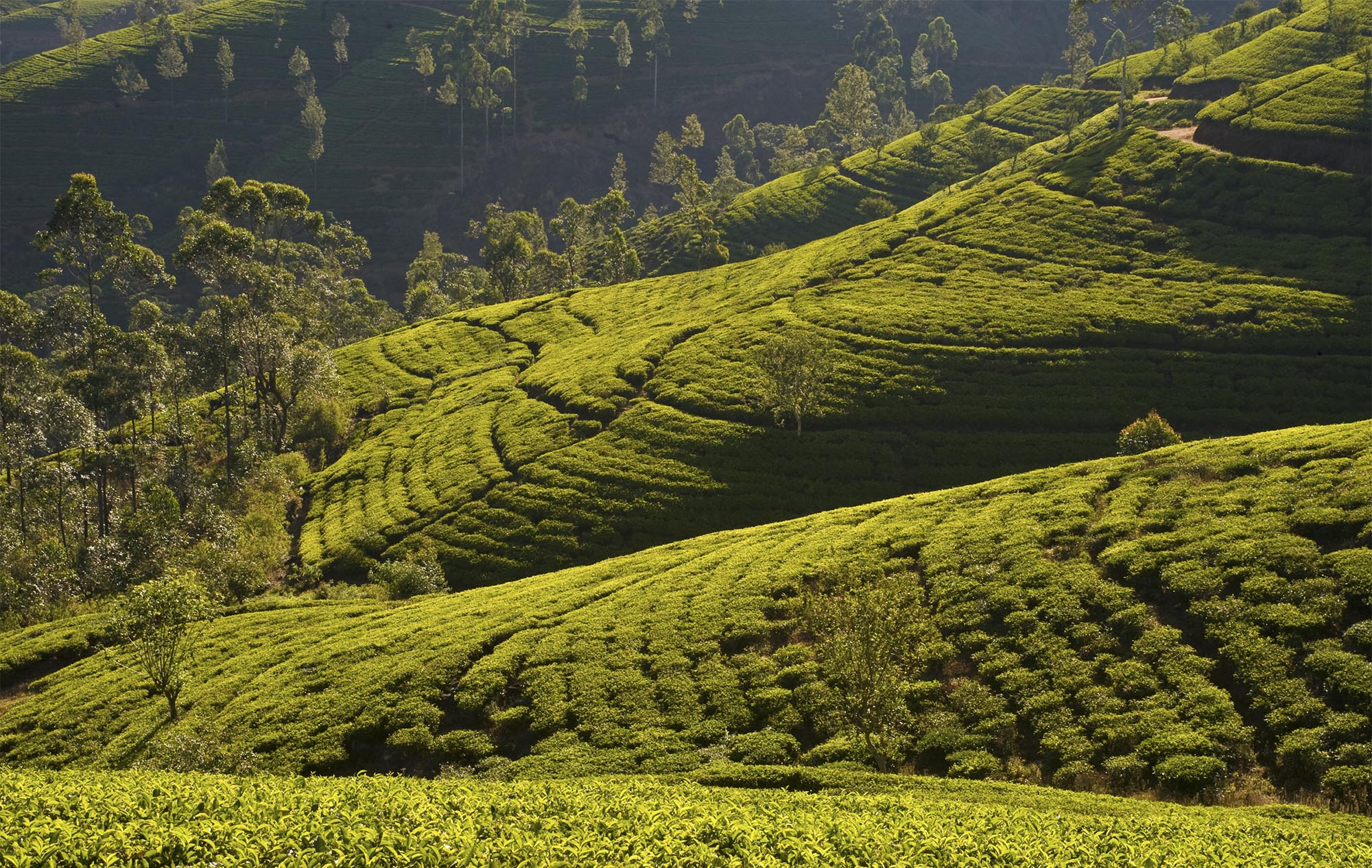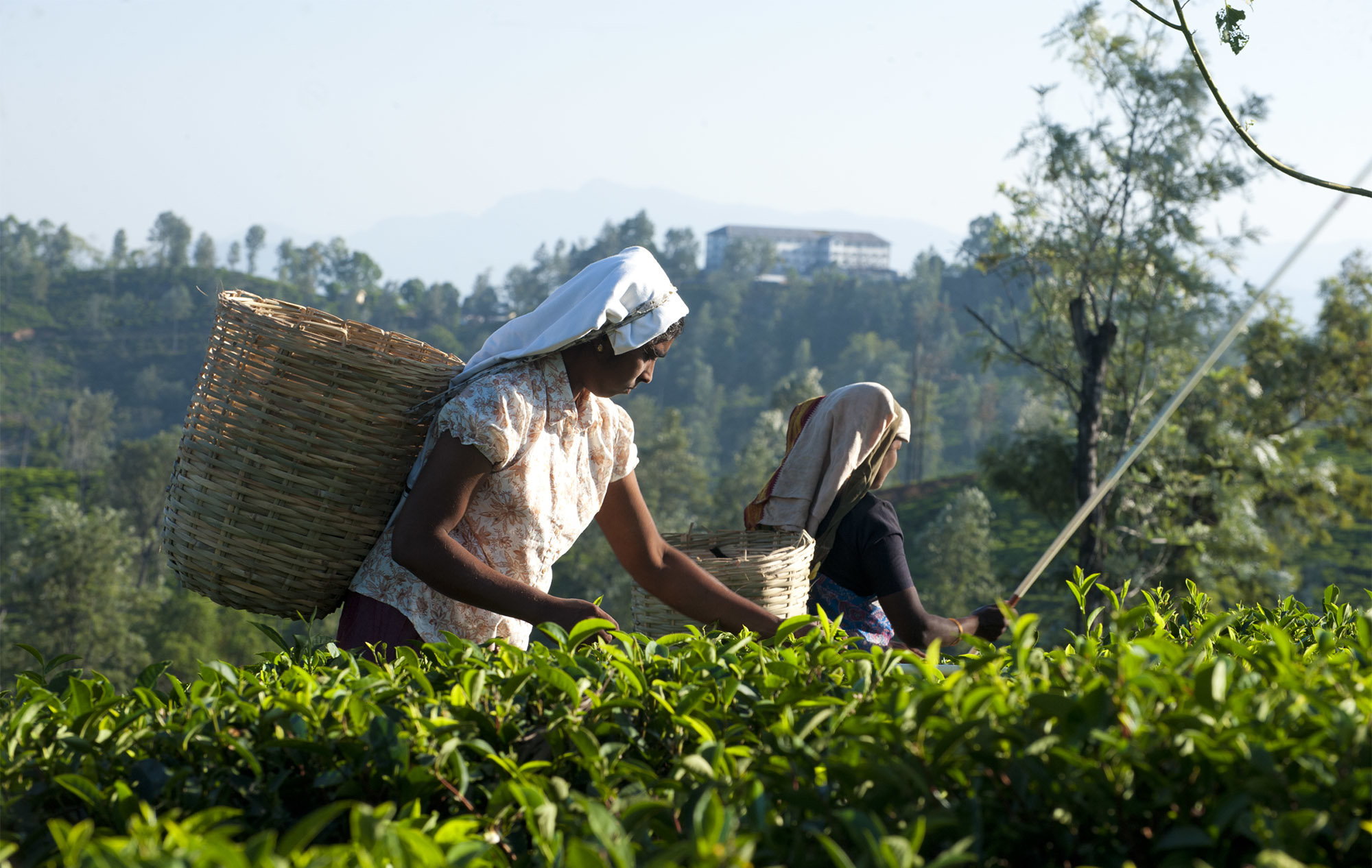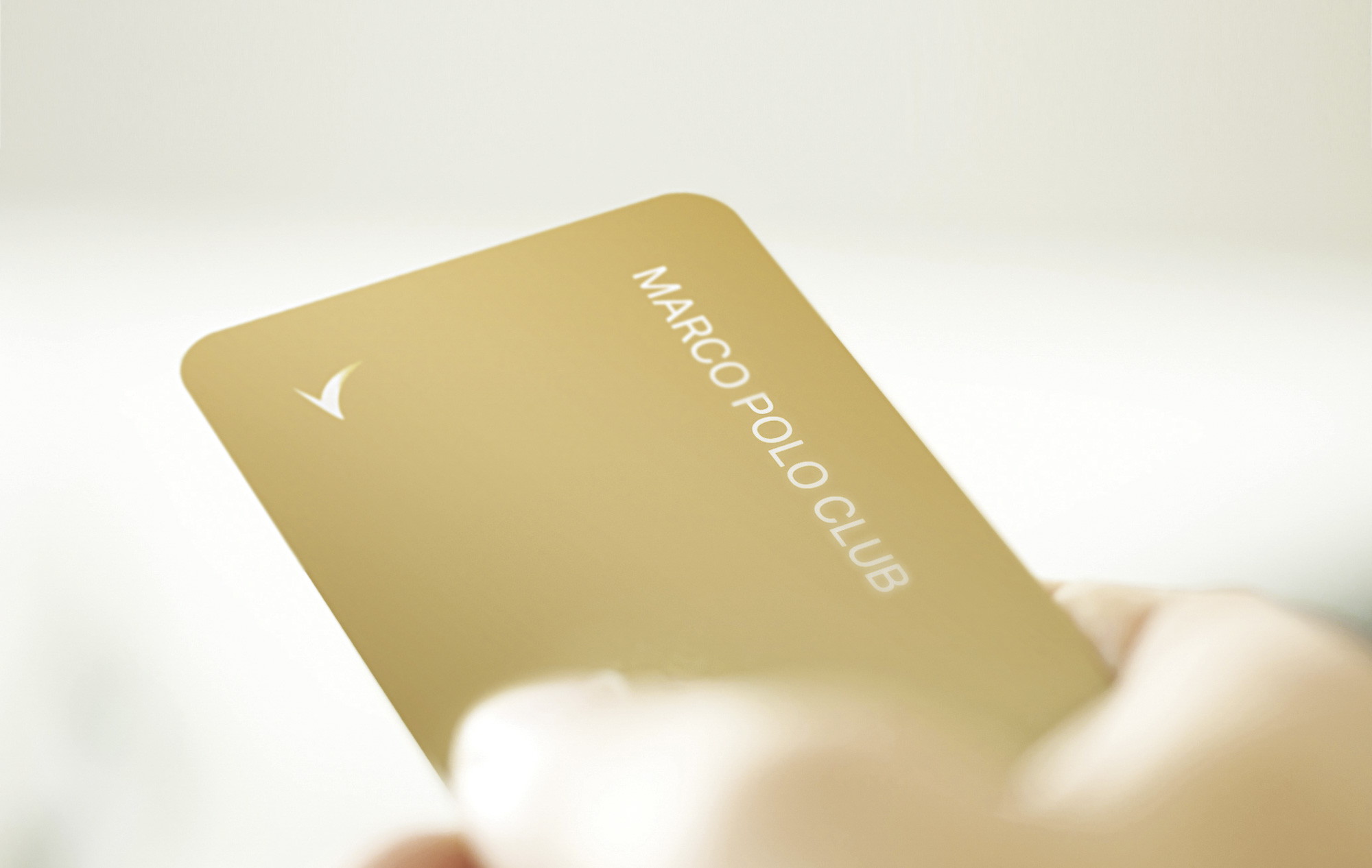Sri Lanka became one of my favourite destinations when I first visited a couple of years ago. Not only is the country beautiful, its culture fascinating and its food delectable, but I was impressed with the runnings of one of its most successful companies: Dilmah tea. The private firm generates healthy profits while also raising up the people of Sri Lanka – a duality that is still rare today but one that could be a trend going forward.
In my career, I have spent a considerable amount of time advising state-owned enterprises. Almost all such nationalised companies have the dual mission of achieving a commercial return for its shareholders while also improving the lot of a nation. By doing so, countries aim to improve how they’re seen around the world.

But there have been many signs that this dual mission model doesn’t work and that trying to do both leads to failure in both. This has led the West and developed Asia in particular to separate the two missions: companies seek commercial returns purely serving investors, while government bodies, NGOs and charities are in charge of improving the lot of nations.
But in the past 20 years, this capitalist bifurcation has also failed. The global financial crisis has shown the world that greed is not good, as has the climate change crisis most people acknowledge we are facing. It is clear that inequality is also a result of countries’ and companies’ inability to both achieve profits and improve lives.
Fortunately, we are seeing promising examples of how to find our way out of this puzzle. While countries like Singapore and Norway and their state-owned enterprises are doing some great things to integrate prosperity and sustainability, private companies are also embracing this dual mission, with exciting outcomes. The key has been consumers’ choices: the increasing desire, especially of young people, not to buy from, invest in or deal with companies that prosper on others’ pain. This has led to a subtle but critical shift, namely that profits and social betterment are not in tension but that the latter is in fact a driver of gains.
Dilmah is the best example of this phenomenon I have seen on my travels. Sustainability isn’t a value or a tack-on for Dilmah; it is at the very core of its strategy. According to the company, responsible production, safety, quality, renewable operations and happiness are at the foundation of its brand image and the way it achieves commercial returns.
The strategy has been immensely successful. It is now the world’s sixth-largest tea brand, with double-digit growth and strong profitability. But it has also won the Oslo Business for Peace award and Sri Lanka’s Presidential Merit Award for environmental preservation. Its MJF Charitable Foundation provides educational and training programmes for the underprivileged. And the company has done a great deal for the perception of Sri Lanka globally. It’s a great example for business leaders and entrepreneurs.
By the Anonymous Global Nomad
In the past month:
Flights taken: 10
Miles travelled: 24,398
Safe travels. Send your thoughts to [email protected]













